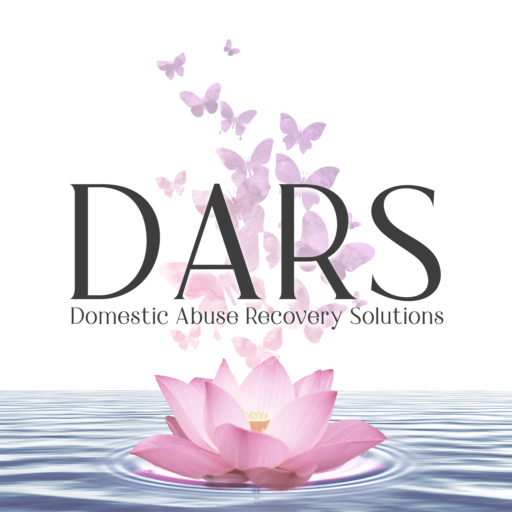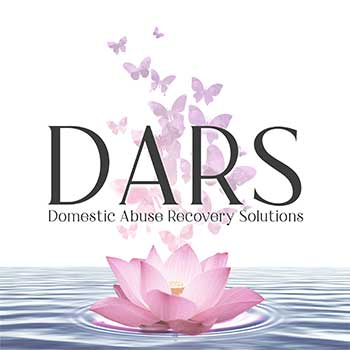Table of Contents
What is Survivor Support Group?
What to Expect
How to Join
What is Survivor Support Group?
Our Survivor Support Group can be defined as a group of domestic abuse survivors who share concerns or experiences. These groups meet regularly to provide each other with comfort, encouragement, and techniques that have helped them.
While support groups can be important in your healing process, they are not meant to provide treatment or legal advice. Instead, our focus is on providing peer support, allowing attendees to share their stories, celebrate each other’s successes, and talk about coping strategies that may help.
Family and friends are still an important source of support during your healing, but they aren’t always able to understand what you might be going through. DARS Survivor Support Groups help fill in an important gap in social support by providing the opportunity to talk to other people who have been in the same situation and may be better able to empathize and offer tips coming from a similar experience.

What to expect
If you or a family member is healing from domestic abuse, our Survivor Support Group may be the ideal place for you to feel less isolated and to learn from others with shared experiences.
We will begin by introducing the speaker with a quick overview of the meeting. We will ask members to introduce themselves, but you are not obligated to show your face, introduce yourself, or share your story. This support group is at your discretion and level of comfort with participation. Some of our meetings will invite guest speakers including, writers, therapists, victim advocates among others to show support and share ideas. Survivor Support Group is casual and on a voluntary basis.
Some important things to remember:
- Respect the confidentiality of other members of the group. People may share powerful stories and difficult experiences. It is important to respect their privacy and keep the information you hear between you and the rest of the group.
- Don’t feel pressured to participate. You’re not required to talk in a support group—you can share as little or as much as you’d like (according to time restrictions) but it’s important for you to be comfortable with the group so you can continue to heal and eventually open up and get to know your peers.
- Ask questions. If there is some process specific to the group that isn’t clear, don’t be afraid to ask. The others in your support group can provide helpful information that can help you feel stronger and empowered on your healing journey.

How to Join
A desire to heal from the domestic abuse you endured is a huge step. There are no dues or fees but we do ask that you attend with the understanding that this is for domestic abuse survivors only and over the age of 18 years old. There are multiple Support Groups: Turning Point Support for survivors who are in the early stages of escape (0-9 months). Support is needed in so many areas during this time which is why two groups are held on Tuesday and Thursday. Women’s Survivor Support Group held every Friday to expand on the tools you have established since your escape. Men’s Support Group on Thursday. Men have limited resources to discuss how domestic abuse has effected them. This group is supportive and understanding of the specific complexities men endure. The meeting frequency will be based on both demand and availability. Click on the calendar right below to join the group you are interested in.
If you’re still not sure what group is right for you you may text or call us at: 801-864-7987
Disclosure:
You must be over the age of 18 years old to attend. DARS online support groups are on a voluntary basis only and are not guaranteed. Both parties (DARS and you) have the ability to refuse access or participation at any time, for any reason. None of the online meeting group content should ever be used as legal, medical, or psychological advice, diagnosis or prognosis of any kind even when licensed professionals make an appearance to speak. Trigger Warning: Our online support groups involve topics of domestic abuse, domestic violence, physical and emotional abuse, child abuse, sexual assualt, drug and alcohol abuse, weapons, suicide, depression, and mental illnesses among other graphic topics similar in content. The sole purpose for all of DARS support groups is to create a safe and universal place to join other survivors in an environment for social support. If you become triggered, there are resources that can help depending on the severity. Contact your family, friends, doctor, psychologist, visit your nearest emergency room and/or 911. Your personal well being matters so please use caution with your personal limits when attending.





